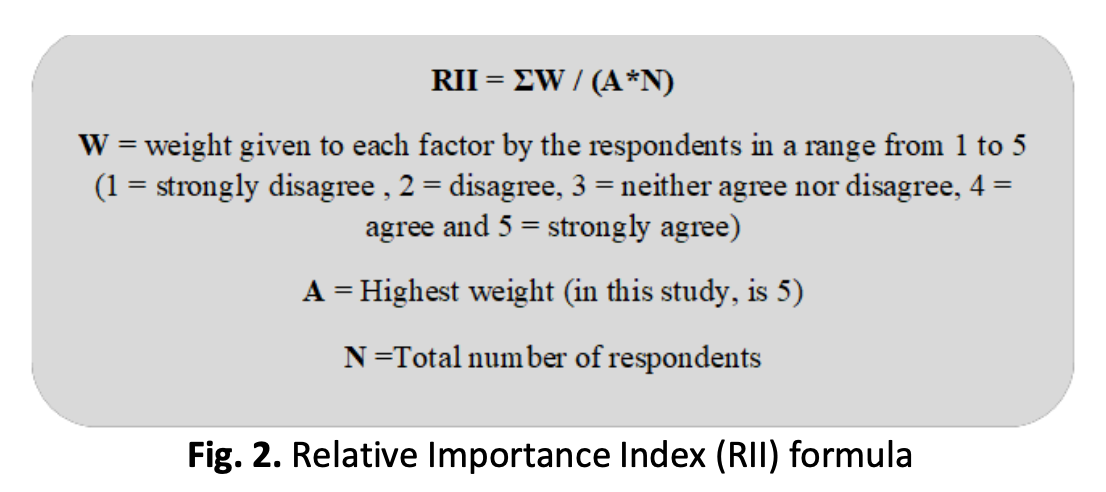Lean-BIM Collaborative Approach for Sustainable Construction Projects in Malaysia
DOI:
https://doi.org/10.37934/araset.33.1.356366Keywords:
Lean-BIM, Lean construction, Building Information Modelling, collaborative approach, construction industryAbstract
Construction projects always deal with high-risk business activities, facing constant errors, and producing unwanted waste, leading to low productivity and sustainability. Lean Construction (LC) and Building Information Modelling (BIM) approaches have been recognized to resolve those issues. The implementation of both technologies is becoming popular amongst industry practitioners across the globe, claiming that they could also address the sustainability concerns in the construction industry. However, the usage of both innovations is fragmented, mainly, with their tools and processes being manipulated separately. Therefore, this paper aims to explore Lean-BIM collaborative approach towards establishing more sustainable construction projects, focusing on the Malaysian construction industry. The objectives of this paper are to identify the impacts of Lean-BIM collaborative approach on sustainability and to determine its capabilities in impacting the sustainability requirements for construction projects. This study conducted a survey by questionnaire in which 100 responses were successfully gathered from various stakeholders. Using Relative Importance Index (RII) of Statistical Product and Service Solutions (SPSS) software, the surveyed results were ranked concerning Lean-BIM impacts and capabilities. The findings acknowledged that the most-ranked Lean-BIM impacts towards sustainability in construction projects are in terms of productivity, quality, and safety and risks management. Whereas the highest-ranked Lean-BIM capabilities highlighted are Lean pull planning approaches, and BIM coordination and virtual mock-up. This paper could assist the construction practitioners’ decision-making in managing sustainability for construction projects to venture competently into Lean-BIM innovation.
Downloads





























